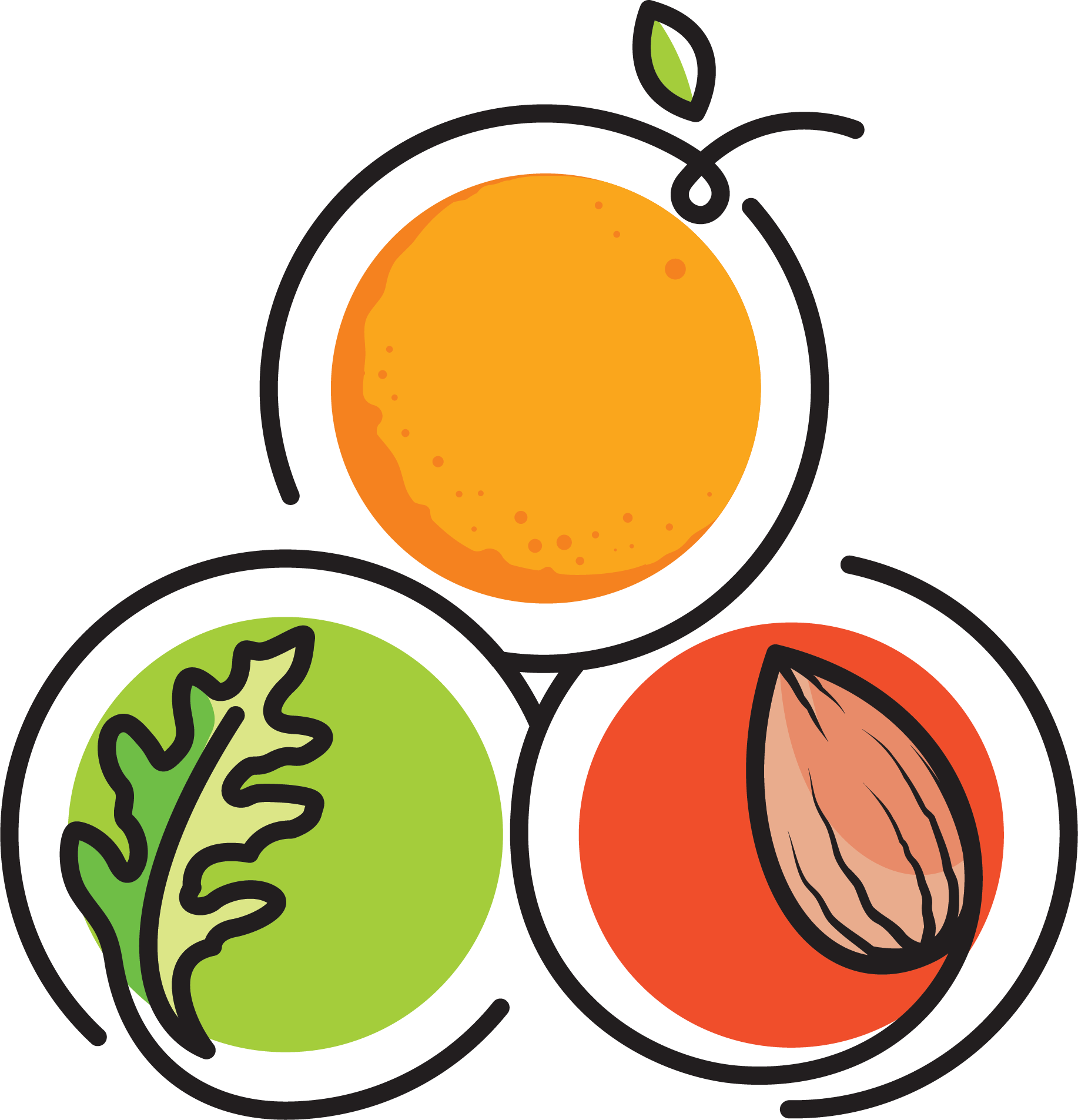The incidence and severity of chilling injury (CI) on fresh olives depend on storage temperature and duration as well as cultivar. The order of susceptibility to CI is Sevillano (most susceptible) - Ascolano - Manzanillo - Mission (least susceptible). Importance: CI can be a major cause of deterioration if fresh olives are stored before processing for longer than 2 weeks at 0°C (32°F), 5 weeks at 2°C (36°F), or 6 weeks at 3°C (38°F).
Internal browning begins in the flesh around the pit and radiates outward toward the skin as time progresses. Skin browning indicates an advanced stage and/or greater severity of CI.
CI stimulates respiration and ethylene production rates of fresh olives. Exposure to CO2 levels above 5% aggravates CI, while 2% O2 is beneficial in maintaining flesh firmness and green color of the skin in olives kept at 5°C (41°F) or higher temperatures.
Avoid exposure of fresh olives to temperatures below 5°C (41°F). Ideal storage conditions are 5 to 7.5°C (41 to 45°F) and 90-95% relative humidity.
References
Kader, A. A., G. D. Nanos, and E. L. Kerbel. 1990. Storage potential of fresh ‘Manzanillo' olives. Calif. Agr. 44(3):23-24.


